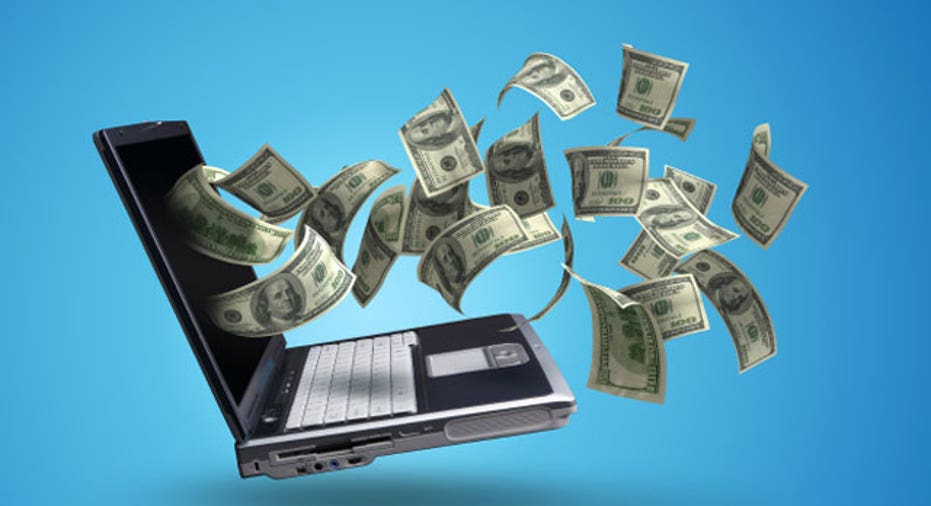Virtual Currencies are Coming for Your Cash

Facebook’s announcement that it will sell goods through its own virtual currency called Credits – 10 of them equal $1 – seems an elaborate way to make you pay for everyday items such as DVDs.
Then there are video games that encourage you to spend real money on virtual items. Yes, really. The bottom line is both can make you part with more dollars than you mean to.
Dollars by Any Other Name
Facebook is ramping up its Credits currency, particularly through recently announced daily discounts venture Facebook Deals, which is already rolling out in San Francisco, Austin, Atlanta, Dallas and San Diego. From July, Credits will be the only online payment processing system available for its gaming platform.
And Facebook is not the only one turning your dollars into in-house funds. Groupon already uses Groupon Bucks. Then there’s Google, who bought virtual payment firm Jambool last August, and are currently testing Google Offers in Portland and soon in New York and San Francisco.
But why the sudden rush to get you to use virtual currencies? The answer is simple, says Vili Lehdonvirta, a researcher in virtual goods, currencies and economies at the Helsinki Institute for Information Technology.
“The benefit to the company is in the psychology of consumption,” says Lehdonvirta. “When you replace national currency with credits, it makes it more difficult for consumers to understand prices and the value of goods.”
In addition, companies become the middlemen. Facebook, for example, will take 30% of revenue from merchants who sell goods through its site.
That doesn’t mean virtual currencies aren’t good for consumers. They are akin to giving yourself a gift card to spend as you wish, particularly useful if you tend to make a lot of micropayments.It saves you reaching for your credit or debit card every five minutes and there are loyalty card-style privileges.
The downside is once you buy, say, 1,000 Facebook Credits, there’s no converting them back into dollars when the novelty has worn off. In this regard, they are technically not a currency, but more like tokens.
And as anyone who’s had a gift card lying around for months knows, you can end up buying something you really didn’t want in the first place, just to use it up.
The other watch on this is that you are, of course, incentivized to buy more virtual currency than you planned to. We’re all a sucker for a so-called good deal, after all. Buying Facebook Credits in bulk rewards you with free credits. Make sure you don’t click “buy” before you’ve considered why.
Kids in the Cash Till
Plenty of adults are into video games, but chances are if virtual currencies are new to you, they won’t be to your children. They have proven lucrative for years in the video game market. The virtual game goods industry generated revenues of approximately $7.3 billion in 2010, according to In-Stat, a market research firm.
Much is from consumers using real money to buy virtual items in their favorite video games. Popular games all have their own currencies, such as World of Warcraft Gold, Second Life Linden Dollars and FarmVille Cash and Coins.
Each tempts you to spend real cash to progress faster through the game. Success in World of Warcraft relies on acquiring special weapons and powers for your character using virtual gold. Time-poor players are now paying professional gamers very real dollars to stockpile this virtual gold for them.
Put simply, virtual toys are replacing their real-life plastic counterparts. “When I was young, it used to be about action figures and who had the best ones in the neighborhood,” says Lehdonvirta, who co-authored a World Bank study released last month on the virtual economy. “These are now taking that role.”
It’s easy to see how one boy racked up a bill of almost $1,500 using his savings and mom’s credit card in order to beef up his virtual farm.
Some companies are savvy. Virtual currencies can be bought using mobile phone credit or gift cards and even at coin kiosks, getting round the issue of consumers who don’t yet have bank accounts.
As the virtual currency march continues, be sure to understand the marketing tools behind the urge to spend.



















